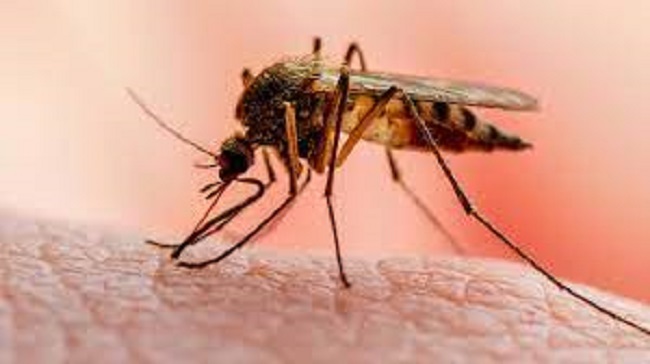Worried that Nigeria has the highest burden of malaria globally, programme manager, Akwa Ibom Malaria Elimination Programme, John Orok has said it is important to narrow the funding gap if the fight against malaria is to be successful.
Orok identified this during a one-day stakeholders meeting for Domestic Resource Mobilisation held on the auspices of the president’s Malaria Initiative for States project supported by the Akwa Ibom Malaria Elimination Programme.
According to Orok, Nigeria cannot continue to hugely depend on donor funding, rather there is the imperative more than ever to attract the private sector to narrow the funding gap.
Orok said: “No effort will be too much in the fight against malaria, it requires all hands to be on deck; we need to attract the private sector and narrow the funding gap.”
He noted that more funding from the private sector will allow insecticide-treated nets to get to as many households as possible.
He also advanced that information, education, and communication materials should be translated into local languages, adding: “it was important to bring people from various backgrounds together because everybody is affected by malaria, which is preventable.”
Speaking, Communications Advisor, President Malaria Initiative for States project, said that the project remained committed to strengthening malaria service systems through consistent advocacy to drive local and private sector investments.
The event saw key stakeholders, the private sector, and malaria actors commit towards domestic resource mobilization to enable local and private sector investment in winning the fight against malaria.
Earlier, Ibom Air, a major private sector player in Akwa Ibom State, donated malaria commodities including insecticide-treated nets and medications to prevent malaria in pregnancy, in commemoration of the 2024 World Malaria Day celebration in Akwa Ibom.
